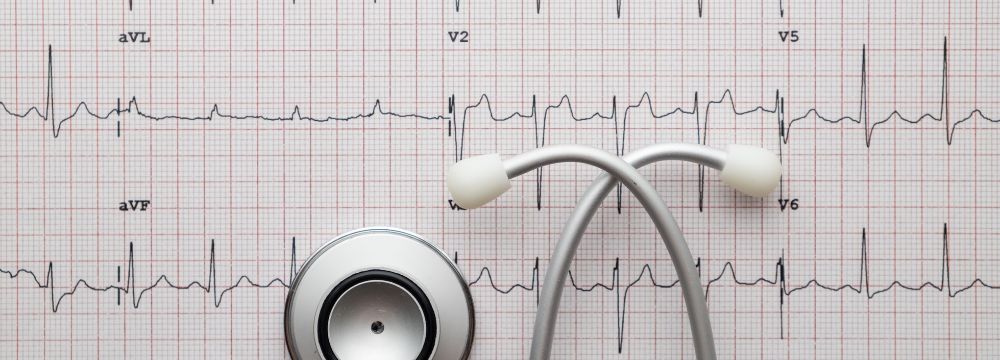Health
There’s a condition that affects upwards of 5 million Americans and sends many of them to the ER, thinking that they are having a heart attack. This condition can be obvious with the feelings of a rapid heartbeat or pounding chest. It can also be silent with no outward symptoms until later in its progression. Early on, it is very treatable, but treatment options become less predictable and successful as it progresses. Lastly, one of the primary risk factors for developing it is obesity. Yet many of us know nothing about atrial fibrillation, also known as Afib. In this article, we discuss data surrounding Afib and how it can be managed by losing weight. In particular, a well-crafted study shows interesting data on the reversal of Afib symptoms after gastric bypass, gastric sleeve, and gastric band.
The Data
A 2020 study¹ showed that 71% of bypass, 56% of sleeve, and even 50% of band patients could reverse the symptoms of Afib by losing 25%, 19%, and 16% of body weight, respectively. The mean body mass index reduction was from about 49 to 37—about 12 points.
What Type of Afib Resolved?
The type of Afib most patients had was also a very interesting part of this study. There are four categories of Afib, each progressively more severe. Paroxysmal or occasional Afib is most responsive to treatment, yet only 23% of bypass patients had this type, while approximately 30% of sleeve and banding patients did. Persistent Afib (more treatment-resistant), defined as Afib episodes lasting longer than seven days, was experienced in almost 70% of bass bypass patients, 58% of sleeve patients, and 65% of band patients. About 7% of bypass patients, 13% of sleeve patients, and 4% of band patients had long-standing persistent or permanent Afib – the most challenging types to treat.
Why Does the Type of Afib Matter?
If the excess weight/obesity was addressed when all these patients had the most treatable type of Afib – paroxysmal – we could safely assume that the reversal rates would be significantly higher. This means that bariatric surgery was very effective even in patients with more severe types of Afib.
Would Weight Loss Medications Work?
One of the significant developments since the study was published is the advent and popularity of GLP-1 receptor agonist weight loss medications like Wegovy and the recently approved Mounjaro with a weight indication. These drugs have shown an average of 15% body weight loss in study patients and 20% or more in some. If patients were to achieve and maintain their weight loss numbers, it stands to reason that they would achieve similar Afib reversal results. Of course, medications are only helpful if they are being taken, while bariatric surgery makes long-term changes to the G.I. system and offers lasting benefits for the future.
The Bottom Line
This study’s data on weight loss related to reversing Afib symptoms is another clear benefit of multimodality weight loss programs that may include medication and bariatric surgery. Most importantly, early treatment of Afib offers the greatest likelihood of a positive result. If you are experiencing Afib, be sure to bring it up with your cardiologist, electrophysiologist, and weight loss specialist, like those at our practice, to understand more about your options.










